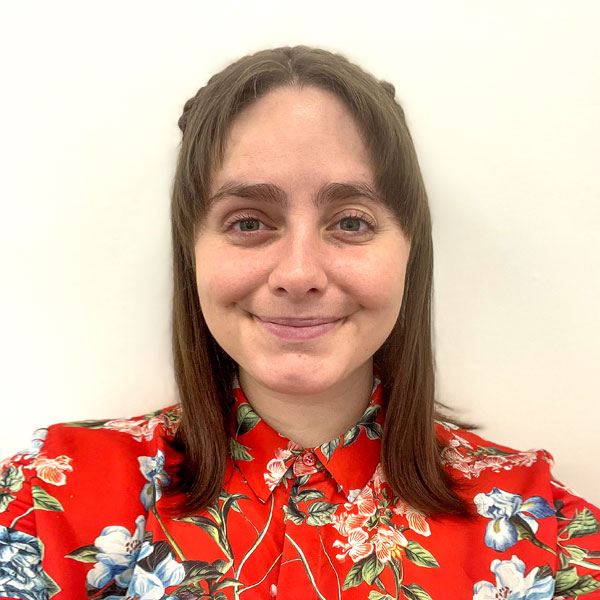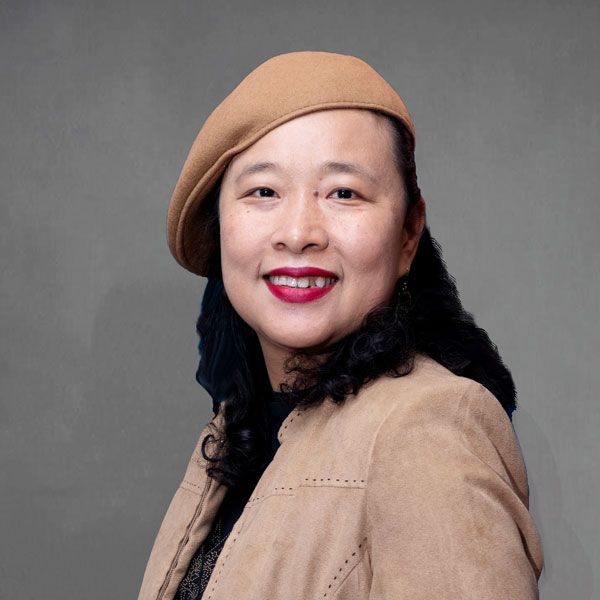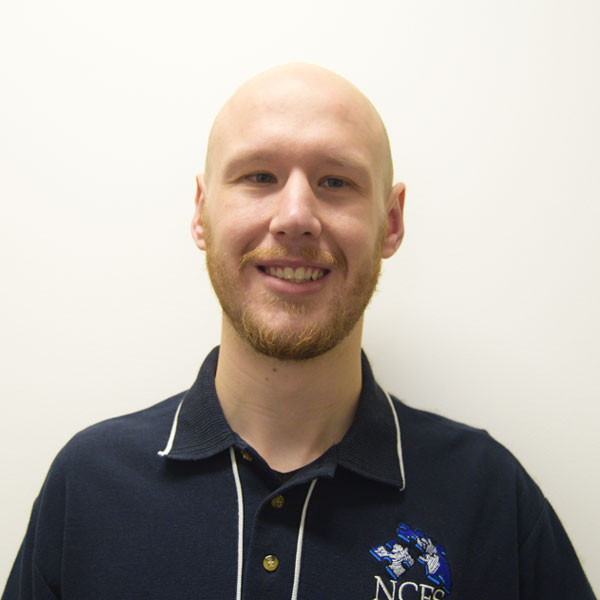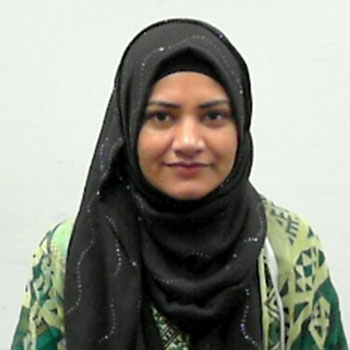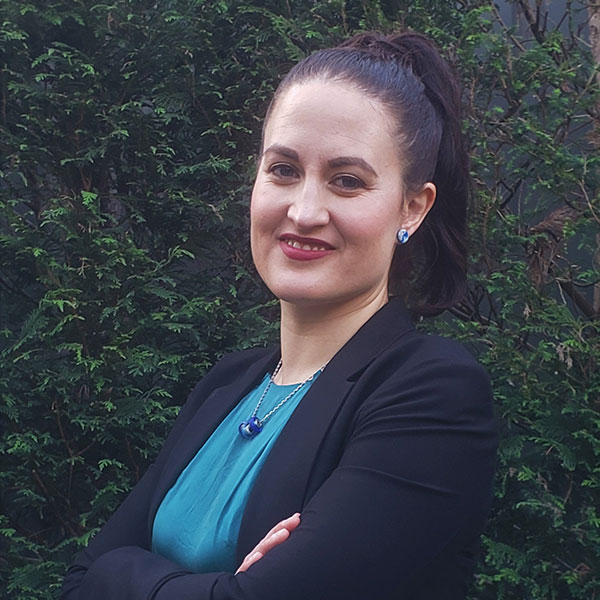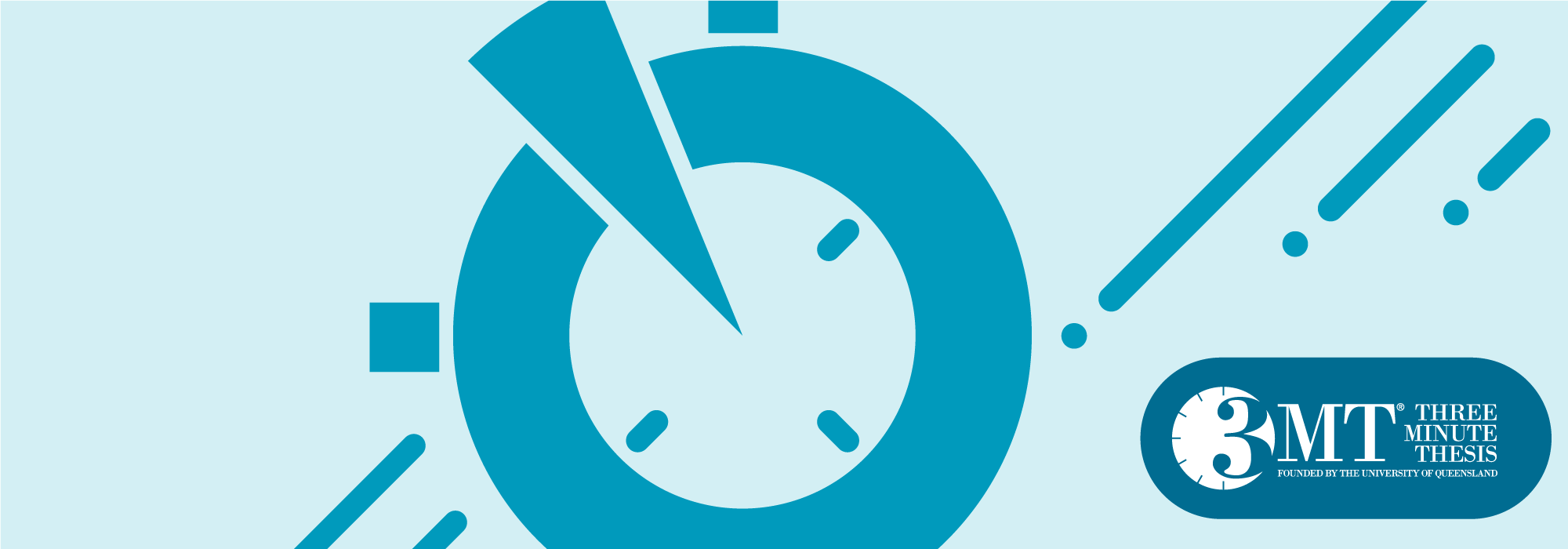
UC’s Three Minute Thesis Finals
The Three Minute Thesis (3MT®) is an academic research communication competition developed by The University of Queensland (UQ), Australia.
Three Minute Thesis heats were held across the University of Canberra’s faculties throughout July 2021. Six finalists from across four faculties progressed to the UC 3MT Finals in September where they presented their theses at an online, livestreamed event in front of a panel of judges.
Competitors needed convince the judges and audience of their research significance in no more than three minutes, for a chance to win the $4,000 first place prize, $2,000 for the runner up, and $1,000 people’s choice prize.


